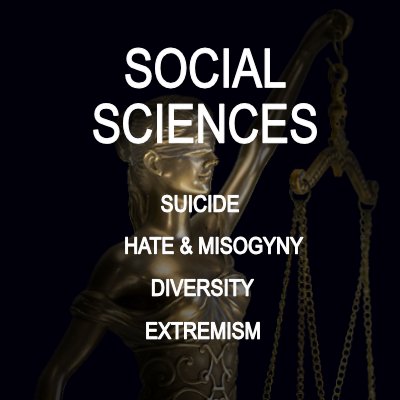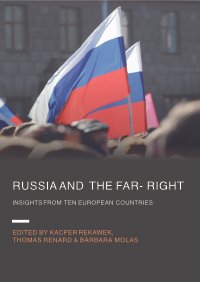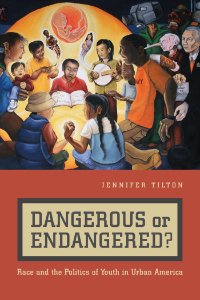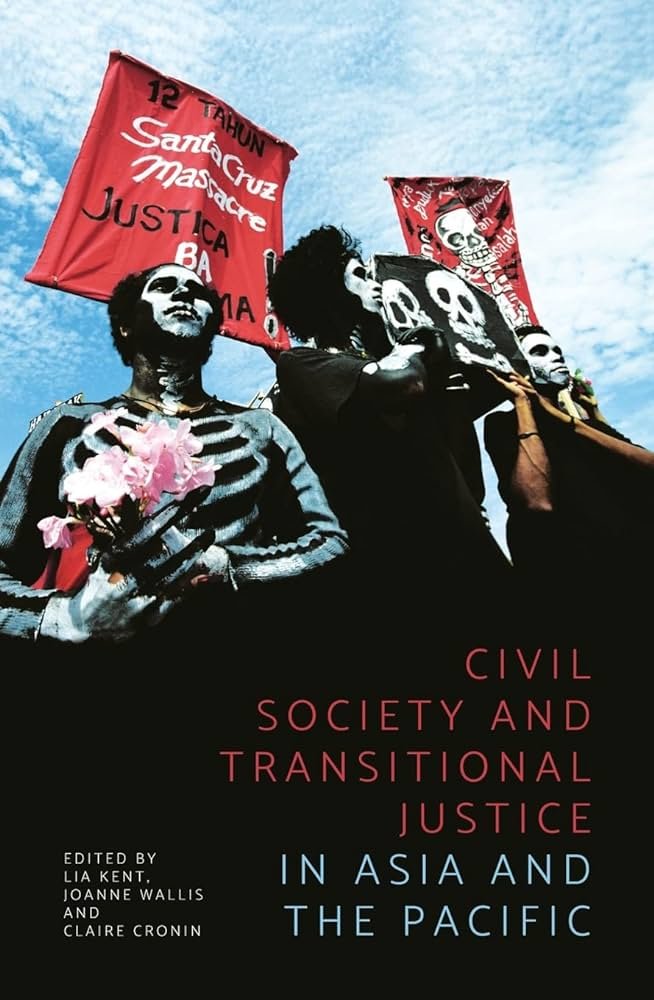edited by Kacper Rekawek, Thomas Renard and Bàrbara Molas
Russia’s influence over far-right/ racially or ethnically motivated violent extremist (REMVE) milieus in Europe is multi-faceted and complex. It involves direct activities, such as financing or political support, as well as indirect activities, such as disinformation campaigns. In some cases, Russia was associated, albeit remotely, with some far-right violent incidents in Europe, including the alleged coup attempt by the sovereign movement Reichsburger, in Germany. Recognising the increasingly confrontational policy of Russia vis-à-vis Europe, and the growing threat from far-right extremism in Europe, this book thoroughly and systematically reviews Russia’s relationship with diverse far-right actors in ten European countries over the past decade. The countries covered in this book include Austria, The Czech Republic, France, Germany, Hungary, Italy, Poland, Serbia, Slovakia, and Sweden. The chapters are authored by some of the world’s most authoritative experts on extremism and Russian influence.
Overall, this edited volume is the first such comprehensive attempt at mapping the scope and depth of Russian influence over far-right extremism in Europe, resulting in the identification of key patterns of influence and offering some possible recommendations to counter it. This book is both a leading scholarly work, as well as a wake-up call and guide for action for European policy-makers.




